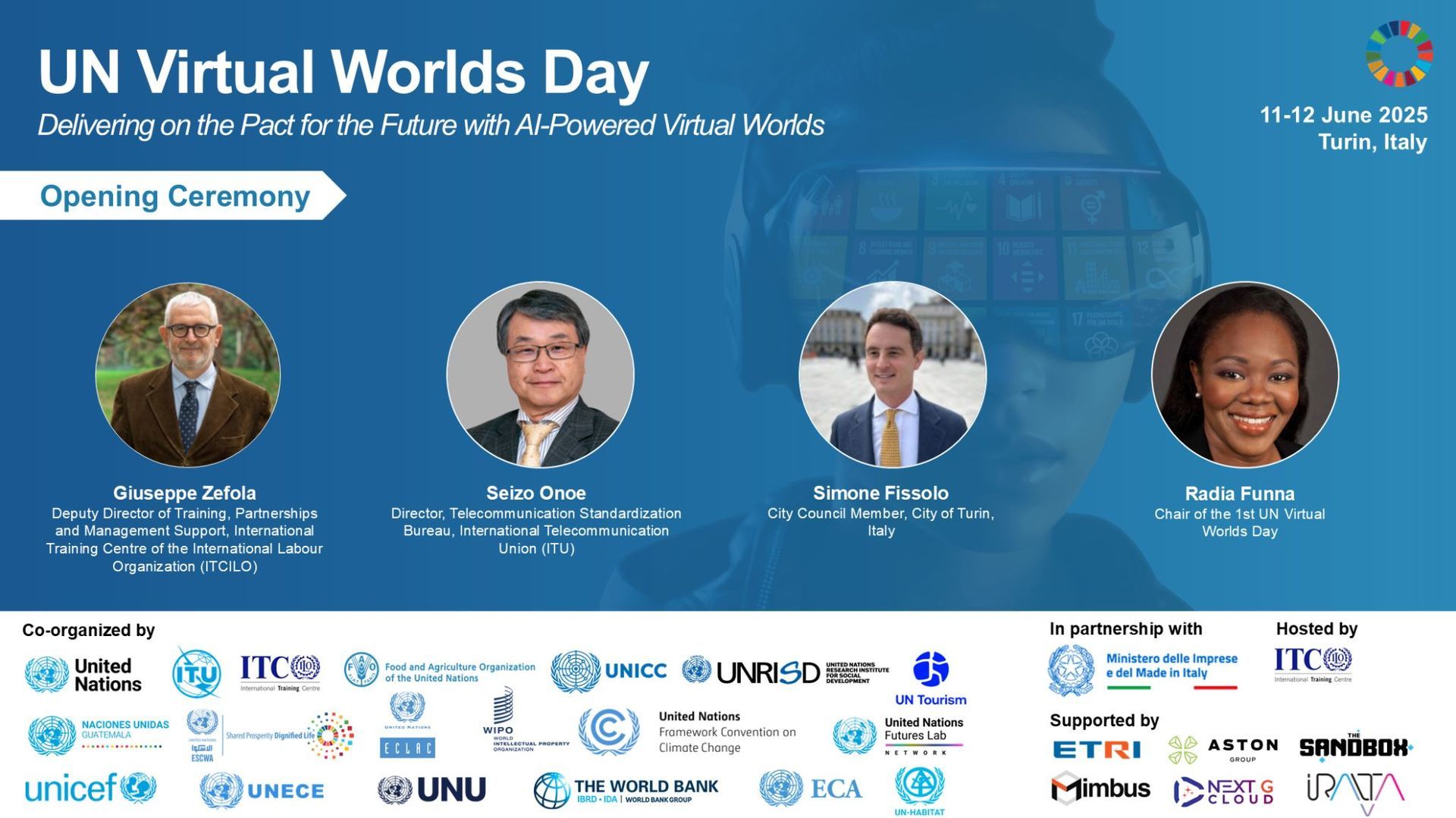World's Most Comprehensive AI Sustainability Framework Anchors IEEE P7100 Standard
In a landmark achievement for sustainable Artificial Intelligence (AI), the IEEE P7100 Environmental Impacts of Artificial Intelligence Working Group has officially adopted Radia Funna’s comprehensive AI sustainability framework as the foundational document for the P7100 standard. Under Funna’s visionary leadership, the group has not only identified industry-leading measurement metrics and methodologies, but has also been entrusted with the full authorship and drafting responsibility for the entire P7100 standard—defining its global direction from foundation to final text.
The Framework at the Core of Global AI Sustainability
Funna’s framework—possibly the world’s most comprehensive approach—was chosen as the definitive global foundation for quantifying and reporting the environmental impact of AI systems. Her methodology harmonizes lifecycle assessments and tech-stack analysis, filling longstanding data gaps and introducing metrics for energy consumption, water use, materials efficiency, and emissions, all aligned with international benchmarking from bodies like ISO and the OECD.
Expanded Scope: Leading the Drafting of the Standard
With this adoption, Funna’s group—originally focused on metrics and methodologies—has broadened its scope to function as the P7100 Drafting Group. She is now leading the charge to turn her framework into the world’s first consensus-based standard for comprehensive AI environmental impact measurement. This expanded role reflects both her subject-matter authority and the international trust in her vision for transparent, harmonized AI sustainability governance.
Global Impact and Consensus-Driven Development
Under Funna’s chairmanship, the Drafting Group embodies true global collaboration, bringing together top technical and policy experts from around the world to ensure the standard’s development is practical, transparent, and universally relevant. Thanks to the framework’s comprehensive scope—addressing every stage from model training and deployment to real-world use—organizations will be empowered to accurately assess, report, and reduce the distinct environmental footprint of AI technologies.
"Our goal is to create a standardized methodology that allows organizations to accurately assess and improve the environmental footprint of their AI systems," Funna explained. "This work is crucial as AI becomes increasingly ubiquitous in our society."
Building the Future of Responsible AI
This expanded drafting responsibility situates Build n Blaze at the very heart of international efforts to ensure AI’s extraordinary potential is realized without sacrificing sustainability and societal wellbeing. Through the drafting of the IEEE P7100 standard, we are not only shaping the present and future of sustainable AI, we are establishing a global foundation for measurement, transparency, and continuous improvement as AI systems proliferate.
Build n Blaze is the global authority in standards-driven digital transformation. Led by UN Special Advisor and global standards authority Radia Funna, we empower organizations to harness AI, metaverse, quantum, and emerging tech for sustainable, human-centered impact—ensuring innovation serves everyone, everywhere. Learn more at www.buildnblaze.com.



















